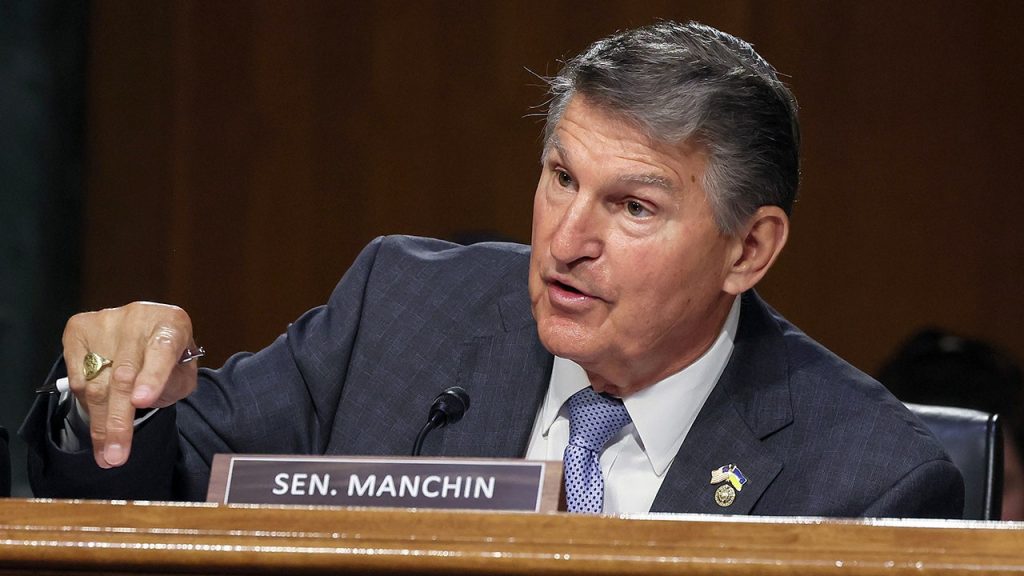President Biden’s decision to commute the death sentences of 37 federal death row inmates to life imprisonment without parole has sparked controversy, particularly drawing criticism from Senator Joe Manchin of West Virginia. Manchin’s disapproval stems from the commutation granted to two individuals convicted in the 2002 murder of 19-year-old Samantha Burns, a constituent of his. Manchin expressed his outrage, stating that the decision was “horribly misguided and insulting,” especially considering the pleas of the victim’s parents against the commutation. He emphasized the emotional toll the decision has taken on the Burns family, particularly during the holiday season, and pledged his ongoing support and sympathy.
The two individuals in question, Chadrick Fulks and Brandon Basham, escaped from a Kentucky detention facility in November 2002, embarking on a multi-state crime spree that culminated in the murder of Samantha Burns. They subsequently pleaded guilty to carjacking resulting in death in West Virginia. The court records detail the brutality of their actions and the wide-ranging impact of their criminal activities. The case underscores the complexities inherent in the debate surrounding capital punishment and the often-conflicting perspectives of justice and mercy.
The commutations reflect President Biden’s broader stance on capital punishment. He has long advocated for its abolition at the federal level, and this decision aligns with his administration’s moratorium on federal executions, except in cases of terrorism and hate-motivated mass murder. Biden acknowledged the heinous nature of the crimes committed by those whose sentences were commuted, expressing his condemnation of their actions and sympathy for the victims’ families. However, he maintained his conviction that the death penalty should not be utilized at the federal level.
Senator Manchin’s strong reaction underscores the deeply personal nature of the issue for those directly impacted by violent crime. While acknowledging the president’s prerogative to grant clemency, Manchin emphasized the importance of considering the voices of victims’ families. His public statement reflects the broader debate surrounding the role of victim impact in sentencing decisions and the delicate balance between justice for the victims and the possibility of rehabilitation for offenders.
The timing of the commutations, occurring during the holiday season, further intensified the emotional impact on the Burns family. Manchin’s statement highlighted the family’s ongoing grief and the renewed pain brought about by the decision. This underscores the long-lasting consequences of violent crime and the enduring suffering experienced by victims’ families, even years after the initial tragedy.
This case exemplifies the intricate ethical and legal considerations surrounding capital punishment. President Biden’s decision reflects a growing movement toward abolishing the death penalty, while Senator Manchin’s response highlights the concerns of those who believe it serves as a necessary form of justice for certain crimes. The ongoing debate raises questions about the purpose of punishment, the potential for rehabilitation, and the role of compassion in the justice system. Furthermore, it highlights the complex interplay between the executive branch’s power to grant clemency and the legislative branch’s role in defining and enforcing criminal laws.










